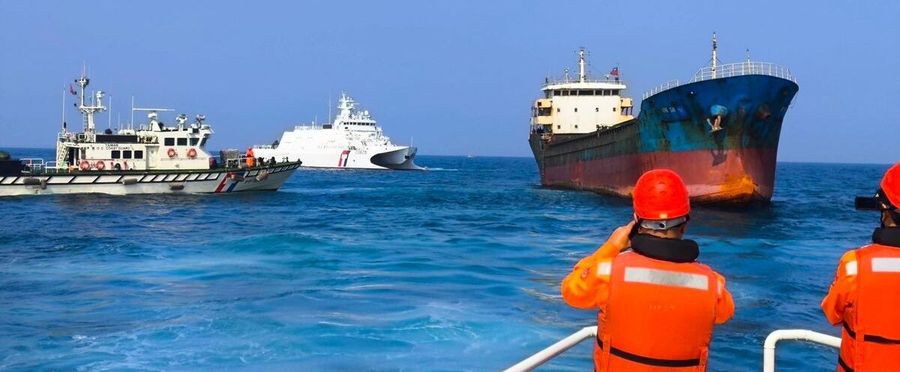A series of undersea cable cuts have recently occurred around Taiwan, causing major disruptions to the island's internet connectivity. The timing and extent of the network disruption, to date, remain uncertain, as the responsible entities still scramble through their ongoing recovery efforts. The precise cause for these multiple disruptions is yet to be established, but these incidents potentially raise serious concerns about internet security and reliability in the Asia-Pacific region.
In Japan, reliable internet connectivity is an integral part of everyday life. A disruption of this magnitude would likely yield widespread public dissatisfaction and generate substantial demands for swift resolution and prevention of future occurrences. Japan, renowned for its advanced tech infrastructure, invariably underscores the significance of cybersecurity, robust internet connectivity, and the potential vulnerabilities posed by physical infrastructure disruptions.
In the EU or US, similar occurences would likely stimulate comparable responses. It would prompt a deeper consideration of infrastructure vulnerabilities, necessitating effective countermeasures to avoid future disruptions, and economic losses. Furthermore, it could also potentially fuel discourse on network neutrality, broadband access, and cybersecurity.

